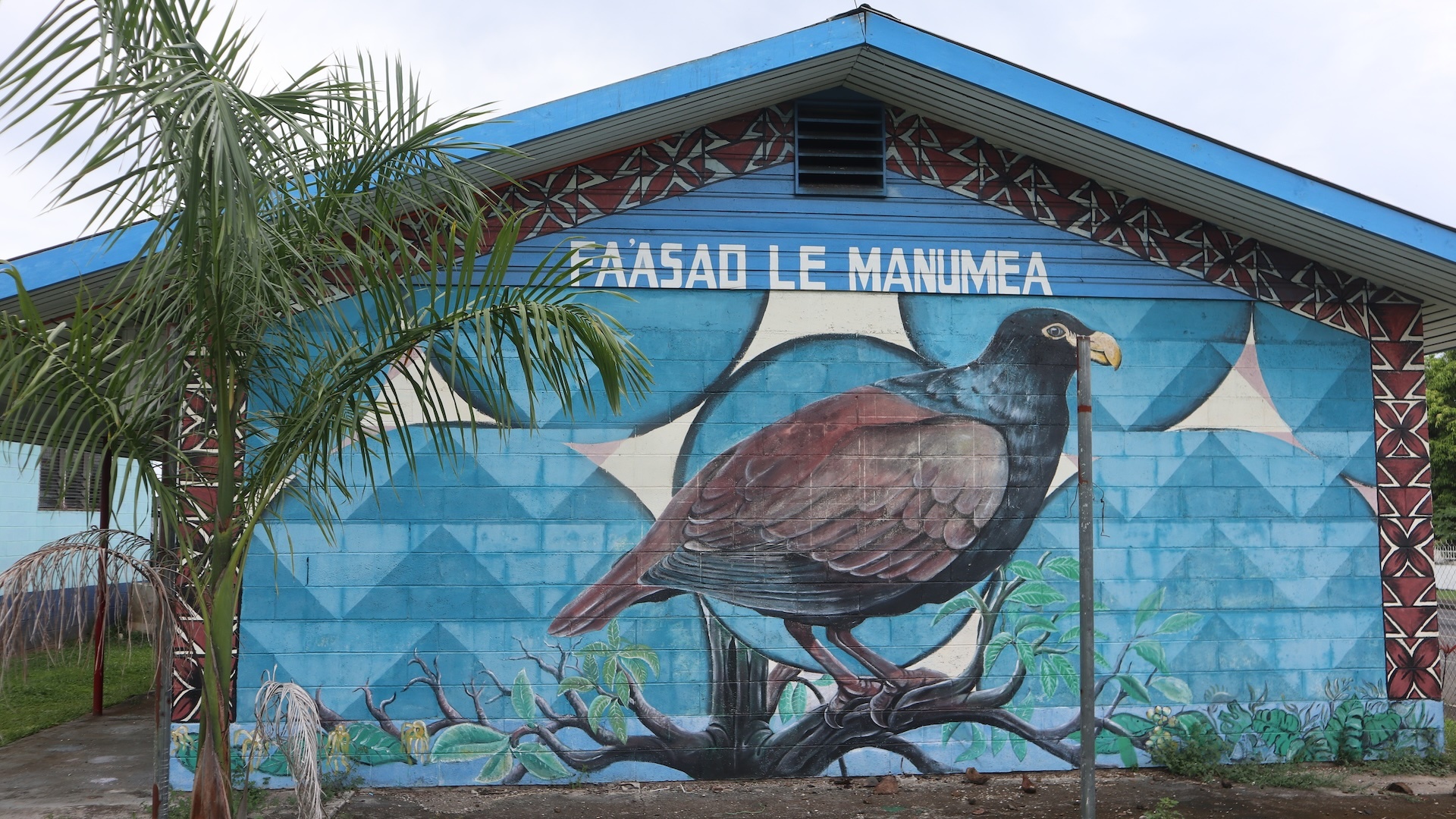Divorce Plagues Kids' Social, Academic Lives for Years

Young kids whose parents divorce struggle with math, social skills and emotions such as anxiety and depression for at least two years after the split, a new study finds.
The research is the first long-term study to break down the effects of divorce by the predivorce, during-divorce and postdivorce phases. Surprisingly, said study researcher Hyun Sik Kim, a doctoral candidate at the University of Wisconsin, Madison, parents' predivorce marital problems didn't influence their kids' social and school success. But once divorce proceedings began, children fell behind and failed to catch up for at least two years.
"The best thing I can suggest is that when we observe children of divorce, we need to intervene as early as possible," Kim told LiveScience. "Because if children of divorce undergo a certain stage, then it is hard to make them catch up to their counterparts."
For the children
Previous research has shown that divorce is tough on kids, with one study showing the experience doubled a kid's risk of stroke over a lifetime, perhaps due to the effect of stress. But parental screaming and fighting are bad for kids, too, so the question remains: Is divorce ever good for kids?
Kim used data from a nationally representative long-term survey following kids who entered kindergarten in 1998 until eighth grade. He followed kids whose parents got divorced between their child's kindergarten and third-grade years, finding 142 kids of divorce compared with 3,443 kids in intact homes. (Kids whose parents had been widowed or already divorced and remarried were excluded from the study.)
After controlling for factors such as socioeconomic status, teen parenthood and parents' marital satisfaction, Kim compared the kids of "stable" and "split" households on measures including math and reading tests, teacher ratings of social skills, and teacher ratings of behavioral problems.
Get the world’s most fascinating discoveries delivered straight to your inbox.
He found that kids of divorce began to struggle as soon as their parents began divorce proceedings. Over the next two years, the kids of divorce stayed behind other kids on math skills and social skills and they began "internalizing behavior problems," that is, behavior problems that manifest themselves by way of sadness, loneliness, anxiety and depression, Kim found. [Read: 6 Scientific Tips for a Successful Marriage]
Postdivorce difficulties
Given that parents on the road to divorce likely have troubled marriages, Kim had predicted that the conflict would be reflected in their kids' development.
"It was a little bit surprising, but when I looked the research about divorce and child development, there are some explanations," Kim said. "For example, not all divorces are plagued with marital conflict."
Another explanation, he said, is that parents whose children seem especially sensitive (struggling even without divorce) might decide to hold off on divorce for fear of upsetting their child. Thus, a large proportion of kids struggling with unhappy parents end up in the two-parent home group rather than the divorced-parent group.
The sample size wasn't large enough to look at the effects of divorce by gender, age or ethnicity, Kim said. One 1989 study found that children whose parents divorced in the first five years of the child's life were worse off than children whose parents divorced later, so the results may not apply to every age group. Kim plans to replicate the study with different groups of kids.
In the meantime, he said, there are good reasons that the divorce and postdivorce phases may be tougher on kids than predivorce discord. Custody battles, a parent moving away, and the shuttling back and forth between two new households can all cause hardship, Kim said.
Kim reported his results in June in the journal American Sociological Review.
You can follow LiveScience senior writer Stephanie Pappas on Twitter @sipappas. Follow LiveScience for the latest in science news and discoveries on Twitter @livescience and on Facebook.

Stephanie Pappas is a contributing writer for Live Science, covering topics ranging from geoscience to archaeology to the human brain and behavior. She was previously a senior writer for Live Science but is now a freelancer based in Denver, Colorado, and regularly contributes to Scientific American and The Monitor, the monthly magazine of the American Psychological Association. Stephanie received a bachelor's degree in psychology from the University of South Carolina and a graduate certificate in science communication from the University of California, Santa Cruz.


